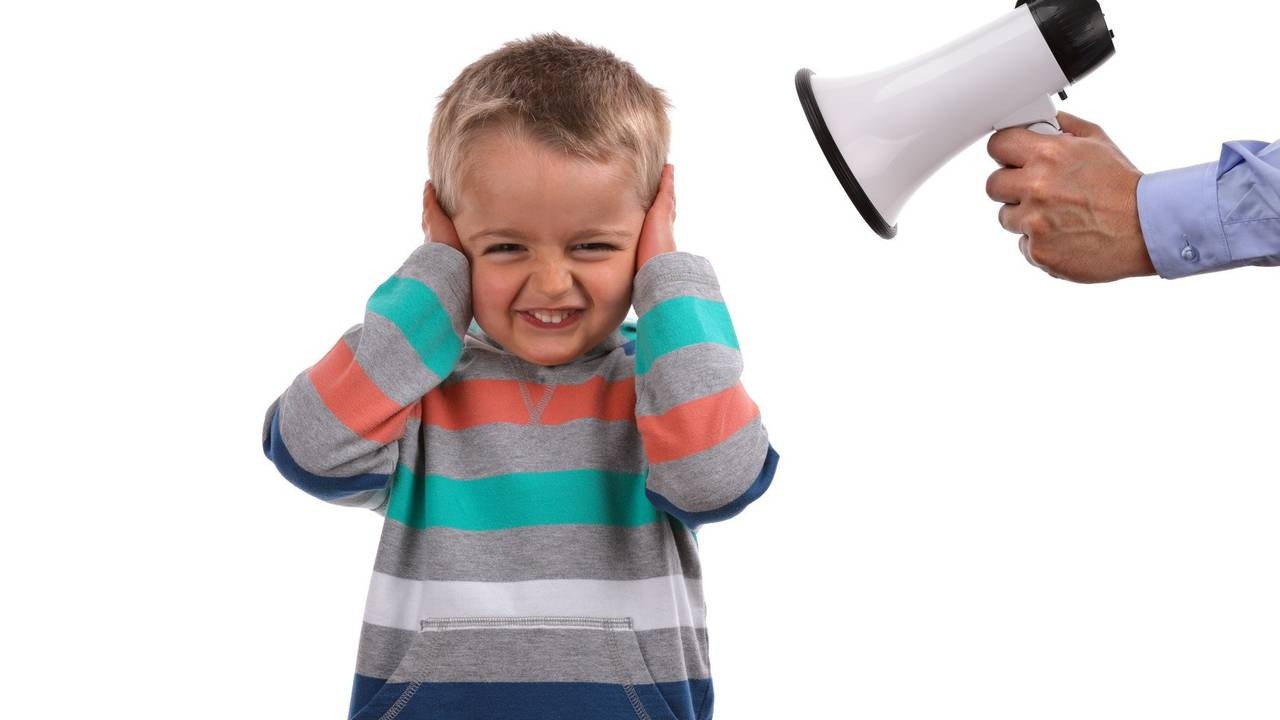
When Parenting Like Your Parents is the Wrong Choice
"Do it because I said so."
"If you are going to cry, I will give you a reason to cry."
"Don't come to me looking for pity if you hurt yourself. I told you not to do it."
Did you hear these phrases growing up? How did they make you feel?
If you didn't hear these phrases, it is still likely that your parents heard them because the Boomer and earlier generations' parents invented them.
But you may have heard phrases such as these:
"You will never amount to anything."
"Do you do this on purpose to irritate me, or are you just dumb?"
"You never do anything right."
"I don't know why I ever had you. You make my life miserable."
There are many other phrases that parents have said out of anger and frustration. Parents sensed that their children were making them, making them look like bad parents and adults.
Different types of parenting styles/disciplines have evolved over the generations. The two primary ones are the authoritative and the authoritarian (who use many of the above phrases). There are also two other types called permissive or indulgent and uninvolved.
Three of these styles (see descriptions below) increase the risk of children growing up with physical and mental health problems. If there are balancing factors in their lives to help them see themselves as valued members of their communities, your children may do okay. If you were raised by one of the first three parenting styles and raised your child the same way, your child would have a greater risk for a poor outcome. If you learn how to use the fourth style, your child is more likely to have a good result.
Let's look at each style:
AUTHORITARIAN – This parenting style/discipline is most like the military. This parent is demanding but not responsive to the needs of his child. He will use many, if not all the above phrases when interacting with his child. He believes in punishment but not compliments. He is not open to discussion. He will not explain his rules but will punish the child if he breaks the rule. The child is punished and frequently put down at the same time. He has high expectations but does not believe in the "more than one way" to achieve a goal method. It is do it his way or expect his wrath. He feels that fear is the same as respect.
PERMISSIVE/INDULGENT – This parenting style/discipline is low-level discipline and high-level nurture. For some of these parents, it is a style they chose because they felt their parents were too harsh on them. For others, it is a belief by the parents that children need to be able to explore the world and learn by natural consequences. Many are open to discussion with their children with some suggestions but no direct rules. This parenting style can lead to children who grow up not knowing boundaries and taking many risks without believing there should be consequences. Or some children grow up emotionally secure, independent, and able to learn and accept defeat.
UNINVOLVED – These parents are also labeled neglectful because they rarely consider their child's needs. There is no nurturing, with only the basic requirements for a home, food, and clothing provided. Looking deeper at these parents, you will find both parents raised this way and others overwhelmed by their day-to-day life. Uninvolved parenting can make their child anxious, withdrawn, afraid to trust anyone, and likely to get into trouble in adolescence.
AUTHORITATIVE – This parenting style may sound similar to authoritarian, but it is vastly different. Parents use this parenting style/discipline, which is high in expectations and nurturing. These parents have rules they make sure their child understands and the discipline if the child breaks the rule. They frequently communicate with their child, discuss concerns and expectations, and provide nurturing support over efforts, not just outcomes. These children are at the lowest risk for mental health disorders or adolescent misbehavior.
As you read over these descriptions, check any behavior or trait you feel describes your style or your parents' style. While the permissive/indulgent style is not a problem for some children, it leads to a lack of ability to self-regulate emotions and behaviors in many children. They can grow up to expect always to get off since their parents will bail them out.
The authoritarian and uninvolved parenting styles have the highest rates of poor adult outcomes from children raised in these ways. Many will underachieve due to a lack of belief in their abilities. Others will become aggressive toward others, feeling that that is the only way to stay safe.
Only the authoritative parenting style/discipline has shown the best long-term outcomes for children. This style has been shown in research going back to the late 1600's (John Locke) and looking at how interacting with children, rather than physical punishment, led to better adult outcomes. The authoritarian method was more related to wanting to save the child's soul and doing what the Bible said regarding using the rod.
Research regarding children in the 1900s and forward has shown that authoritarian style, especially physical punishment, leads to more mental health problems, including the use of aggressiveness by the children when they feel wronged. They find it difficult to use logic to work through issues due to the model they experienced as a child.
To learn more about effective discipline, which is the authoritative style, check out these resources:
(These are affiliate links. Commissions from sales help fund this site)
Positive Discipline Parenting Tools
1-2-3 Magic for Christian Parents
If you are interested in an in-depth look at three factors of children and adolescents that can create positive or negative futures, check out my program, Developing a Calm Classroom.

